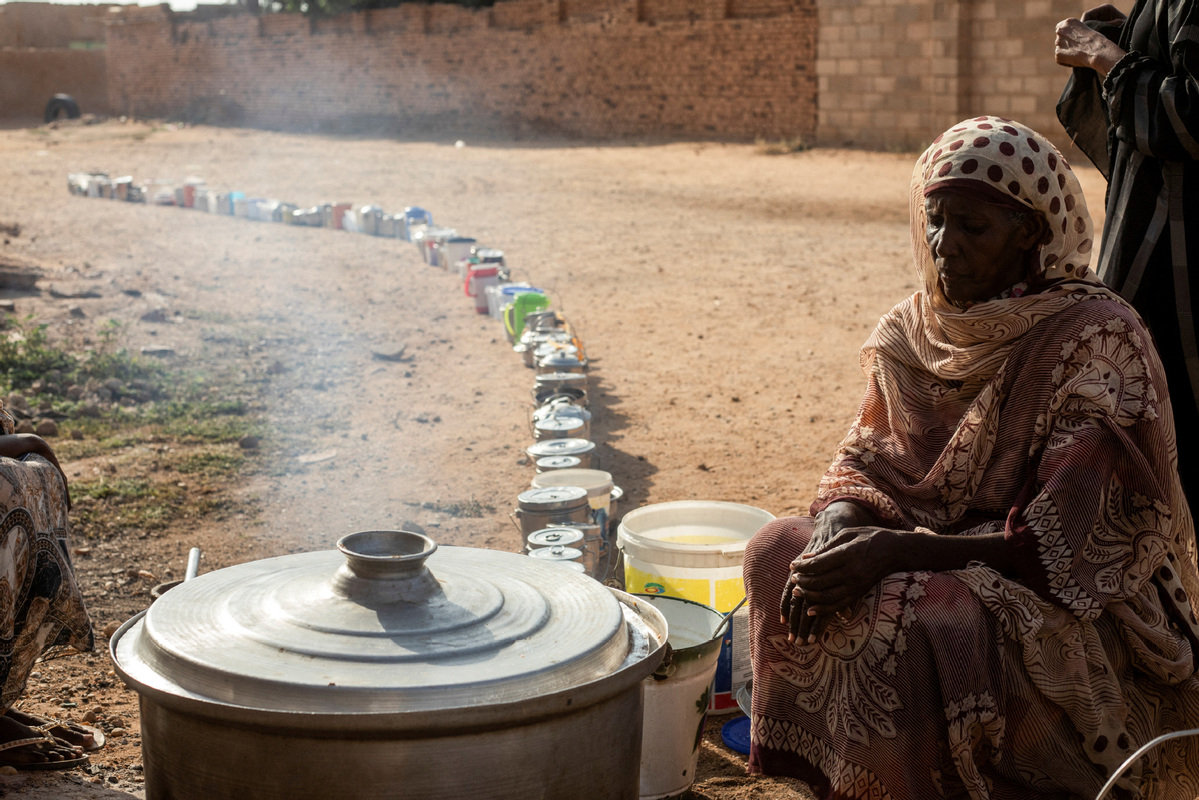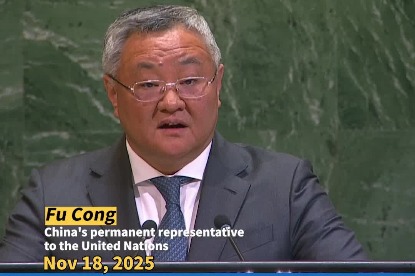Around 42m at risk of severe hunger in Horn of Africa


Nearly 42 million people across six countries in the Horn of Africa are facing high levels of acute food insecurity this year, according to a report released on Tuesday.
The report, issued by Intergovernmental Authority on Development, an eight-member organization in the Horn of Africa, highlighted that in countries where comparable data exists since 2016 — Kenya, Somalia, South Sudan, Sudan and Uganda — the number of people in crisis has tripled, rising from 14 million in 2016 to 42 million this year.
Sudan and South Sudan remained the epicentres of the crisis, with Sudan currently having the region's largest food-insecure population, with 25 million people affected, while South Sudan has the highest share, with 57 percent of its population in crisis levels of food insecurity. Both countries also face risks of famine in several areas.
IGAD Executive Secretary Workneh Gebeyehu emphasized the need for joint efforts adding that the food crisis in the region is more than just hunger. "It reflects conflict, climate change, economic shocks and displacement."
He added that, "No single institution can tackle these crises alone but through collective action across governments, regional institutions and partners, we can address root causes and build lasting solutions."
The report stated that the drivers of hunger are complex and interlinked with the ongoing conflicts, economic challenges, and climate extremes that have eroded resilience and reversed development gains in the region.
The report added that drier-than-usual conditions are expected in southern Ethiopia, eastern Kenya, and much of Somalia with central and northern Somalia already enduring drought, raising fears of worsening malnutrition and hunger.
Acute malnutrition is at alarming levels, affecting 11 million children under five across seven IGAD states, including 3 million who urgently need lifesaving treatment, according to the report. Yet, significant funding shortfalls could leave about 1 million children without access to the care they require.
Eric Perdison, World Food Programme regional director for Eastern and Southern Africa, warned of the scale of the crisis. "Saving lives is the immediate priority, but resilience building is essential so that communities are not permanently dependent on aid."
The report stated that Uganda, which hosts Africa's largest refugee population at 2 million, faces this particular challenge, as displaced families struggle with severe food insecurity amid dwindling humanitarian support.
sharon@chinadailyafrica.com
































